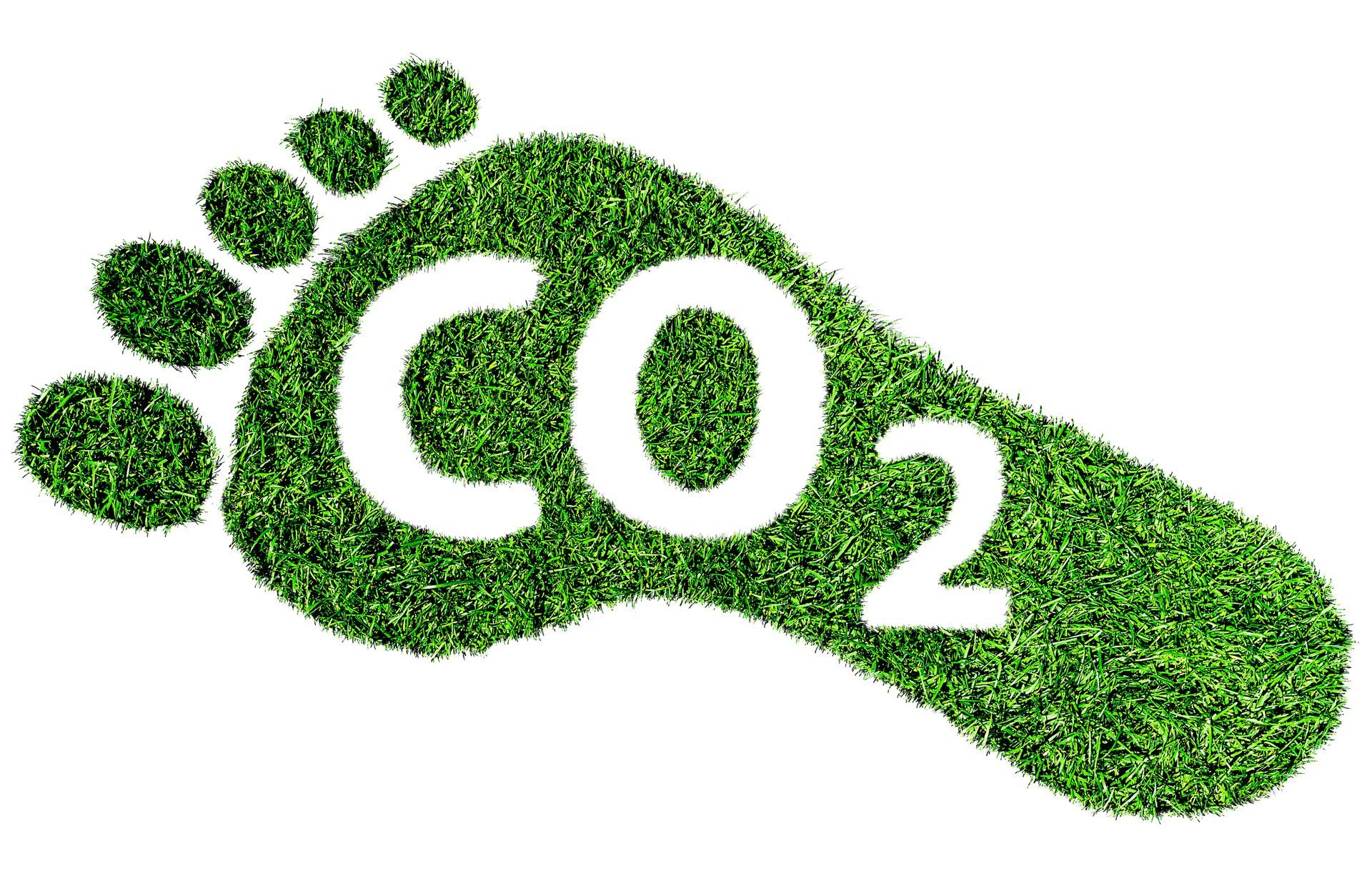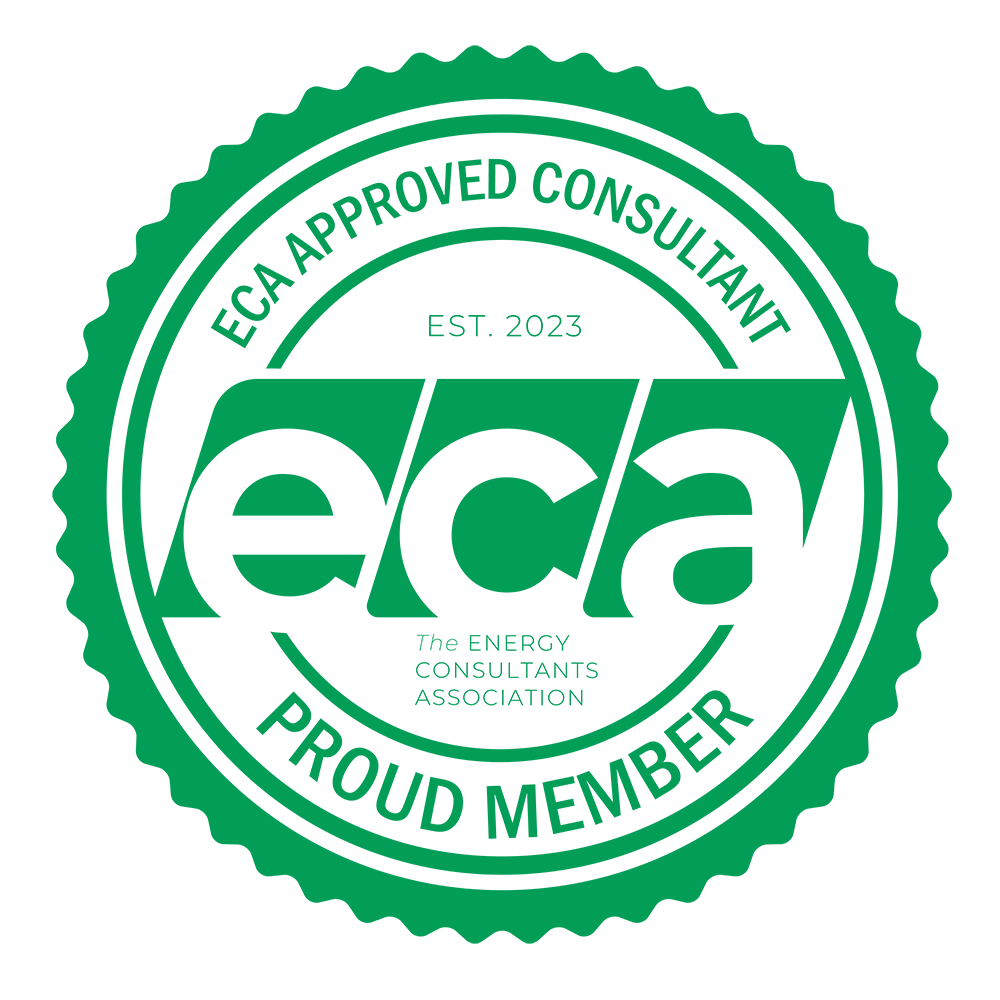Net Zero Services
Adalta Energy provides a comprehensive suite of Net Zero Services and expert knowledge tailored to meet the unique requirements of your business. We manage all aspects of Net Zero initiatives on your behalf, allowing you to concentrate on what matters most: running your business efficiently.
Achieving Net Zero with Adalta Energy
Your Partner in Sustainable Success
In today’s rapidly evolving business landscape, sustainability is no longer a choice but a necessity. Companies worldwide recognise the urgent need to reduce their carbon footprint and transition to Net Zero emissions. However, navigating this complex journey requires expertise, innovation, and a trusted partner. This is where Adalta Energy steps in.
Why Choose Adalta Energy?
Choosing Adalta Energy for your Net Zero services is a strategic decision that sets your business on a path to sustainable success.
With our expertise, innovative solutions, and personalised approach, Adalta Energy is the partner you need to navigate the complexities of the Net Zero journey. Embrace the future of business with confidence and make a lasting positive impact on the planet with Adalta Energy by your side.
What Are Adalta Energy's Net Zero Services?
Our Net Zero Services are categorised into three distinct groups:
- Environmental Reporting
- Energy Management
- Net Zero Strategy
Environmental Reporting Services
Environmental reporting is the practice of collecting, analysing, and disclosing information about an organisation's environmental performance and impact. This process involves tracking various environmental aspects including greenhouse gas emissions.

The primary goal of environmental reporting is to provide transparency and accountability regarding an organisation's ecological footprint. This transparency helps stakeholders, including customers, investors, and regulatory bodies, understand a company's environmental practices and sustainability efforts.
By engaging in environmental reporting, organisations can identify areas for improvement, implement strategies to reduce their environmental impact and align their operations with global sustainability goals. This practice not only supports regulatory compliance but also enhances a company's reputation and fosters trust among stakeholders.
For more information on our Environmental Reporting services, please click
here.
Energy Management Services
Energy management is the proactive and systematic process of monitoring, controlling, and optimising energy consumption within an organisation or facility. The primary goals are to conserve energy, reduce costs, and minimise environmental impact. Here are the key components of energy management:
Effective energy management not only helps in reducing operational costs but also enhances sustainability by lowering greenhouse gas emissions and other pollutants.
It also supports compliance with environmental regulations and improves an organisation's reputation for corporate social responsibility.
Net Zero Strategy Services
A Net Zero strategy involves a comprehensive plan for reducing greenhouse gas emissions to as close to zero as possible, with any remaining emissions being offset by actions that remove carbon dioxide from the atmosphere. Here are some key components:
Adalta Energy can help manage all aspects of this strategy, tailoring our services to meet the unique needs of each client.
This allows businesses to focus on their core operations while advancing their sustainability goals.
For more information on our Net Zero Strategy services, please click
here.
See how much you could save
Short on in-house energy expertise, or struggling to make sense of a complex, rapidly changing energy marketplace?
Hand the burden of energy management to the experts. Whether it’s procurement, energy generation, or your journey to net zero, we build the strategy so you can build your business - knowing every decision is working as hard as you do.

